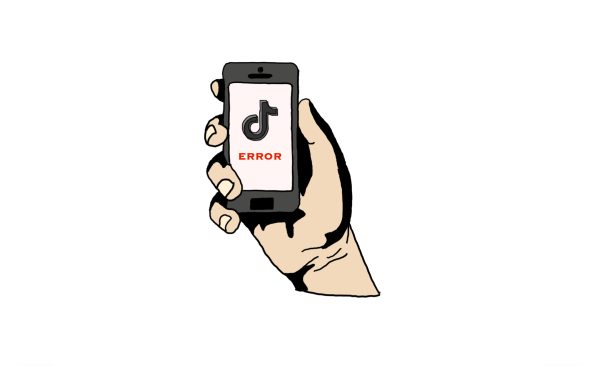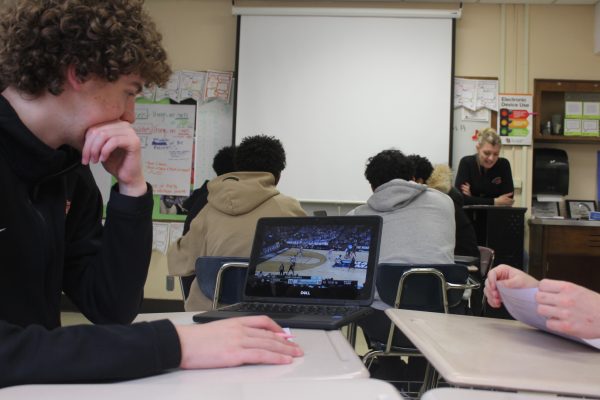New school policies good change of pace
Stricter rules enforce good habits
October 4, 2022
With the new school year under way, there have been many new beginnings. Not only do students have a new set of classes and classmates, but they have a new set of policies and rules to abide by. The school has both updated and introduced an extensive list of rules and protocols, sparking anger and frustration within the student body. Many find it hard to understand how enforcing these policies will be of any benefit and are skeptical that they are necessary at all. However, in recent years, Park has done little to control disruptive students and practices, letting too much slide. Our school environment has not been as productive as it should be, and there is more we can do to stay on track. Could a new set of policies and rules be the changes needed to bring structure and stability back into Park’s classrooms?
This year, Park has implemented an updated, uniform policy regarding phone use. In the past, many teachers would have shrugged off or dismissed students’ inability to pay attention while on their phones. Now, they are actively applying the restrictions that prohibit the use of electronic devices during instructional time and taking away phones when the use is deemed inappropriate. The school has gone so far as to institute a traffic light sign in each classroom, informing students when they can use their phones in class. Though many students see this change as taking a freedom away, this protocol is actually refocusing students and enabling them to be more present in class. When not obsessing over their screens, students have the ability to listen to their teachers and participate, which is academically and socially beneficial.
Another new addition this year is that students are not allowed to use passes within ten minutes of the bells and are not permitted to be in the halls without a pass. No doubt, this rule can be frustrating, as many find it ridiculous that there is a twenty-minute period where students cannot get a pass to leave the classroom. Even if there is legitimate reasoning behind a request, students are frequently denied access to the halls. A five-minute period would be more understandable, but ten minutes is extensive and an annoyance.
Nevertheless, we need to look at the bigger picture. The misuse of hallways during class has been a major problem. Not only are students missing their own instructional time, but they are often distracting those in other classes by making loud noises and loitering. By monitoring and emptying the hallways, this policy ensures that students are not purposefully avoiding classes and creating problems for their peers.
Finally, Park has made and imposed harsher consequences for tardies and absences, including detentions. Being punctual and present are valuable lessons that we need to learn and practice, not only for high school but for athletics, clubs and jobs. Being on time is important because teachers and students are trying to start class without interruptions, and participating is crucial because our purpose in school is to receive an education and learn. More consequences for tardies and absences gives a greater incentive for being on time and participating in class, all crucial to success in high school. Although staff and teachers need to be understanding and mindful of students’ circumstances, teaching them discipline and accountability is necessary, and threatening these consequences helps to do so.
Overall, Park is doing well. Adjusting to focus on needs that must be met and implementing policies that create potential for us to do better as students and as a community has surely been a step in the right direction, but there is definitely room for improvement and more work to be done. It would be nice if we, as students, had more say in the policies and restrictions that influence and affect us, but cooperating and respectfully providing helpful insight should be our students’ priority, welcomed and encouraged.














